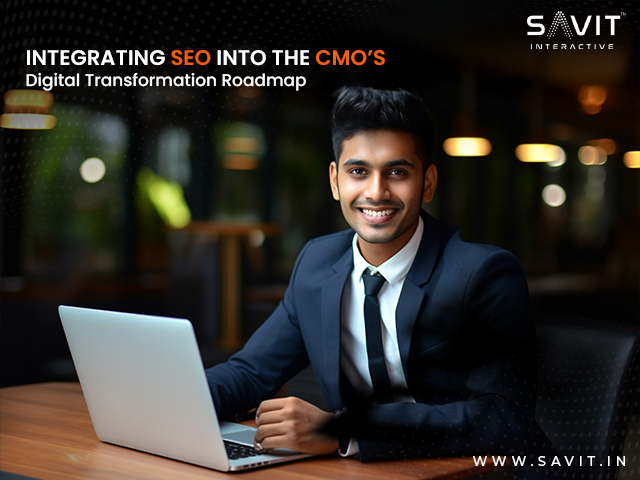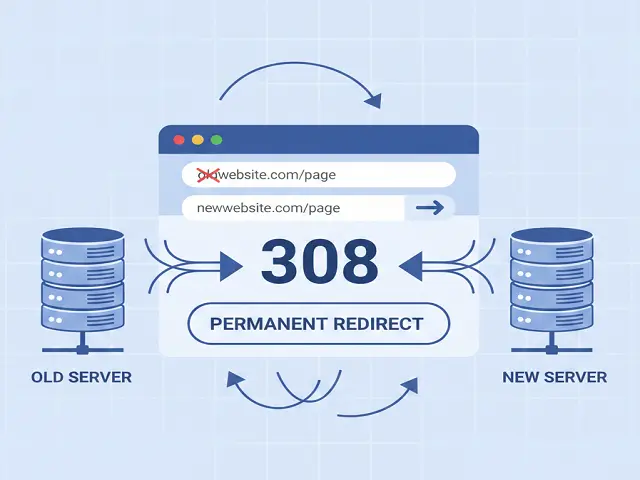Digital transformation today isn’t optional—it’s the foundation for future-ready marketing. For CMOs, the goal is not just to digitize operations but to create a seamless, insight-driven marketing ecosystem that drives growth, performance, and deeper customer connections. Within this transformation, SEO must be positioned at the core, not treated as a checkbox item after launch. Here’s how CMOs can embed SEO from the beginning of their digital initiatives to maximize results.
Why SEO Belongs at the Heart of Digital Transformation
1. SEO Drives Discoverability and Brand Authority
Organic search is often the first touchpoint in digital customer journeys. With over 70% of B2B researchers starting with a generic search, SEO becomes a powerful top-of-funnel engine. Delaying SEO until after a website or campaign rollout leads to visibility gaps, missed engagement opportunities, and expensive rework.
2. SEO Informs and Enhances All Digital Channels
Keyword trends, search intent, and competitive content gaps provide critical inputs for content marketing, PPC, social media, and product development. Integrating SEO from the start shapes messaging, site structure, and user experience, ensuring every digital asset aligns with both user needs and search engine expectations.
3. SEO is a Long-Term, Compounding Asset
Unlike paid media, which stops delivering once budgets dry up, SEO builds over time. A well-optimized digital presence generates organic traffic, leads, and brand equity long after the initial effort. Early integration unlocks the full compounding potential of SEO.
Integrating SEO into Your Digital Transformation Strategy
1. Start with a Strategic SEO Framework
A structured SEO foundation includes:
- Auditing current visibility and benchmarks
- Setting business-aligned SEO goals
- Mapping out technical, content, and off-page plans
This ensures websites, content platforms, and apps are built to scale with search visibility in mind from day one—something best achieved with expert SEO services that offer a structured, goal-driven approach.
2. Integrate SEO with Website and Platform Development
SEO must inform every phase of web development:
- Site Architecture: Clear, crawlable navigation that aligns with keyword clusters
- Technical SEO: Prioritize speed, mobile usability, and structured data during sprints
- Content Strategy: Build pages around real user intent, not just brand messages
Example: When Honda embedded SEO into their digital roadmap, keyword-led content restructuring drove a 200% increase in traffic and a 40% rise in dealer inquiries.
3. Leverage AI and Automation for Scalable SEO
Modern tools allow predictive keyword research, automated site audits, and real-time optimization. CMOs can:
- Identify new opportunities faster
- Personalize content dynamically
- Streamline SEO reporting and decision-making
This frees internal resources to focus on growth strategy, not just execution.
4. Align SEO with Omnichannel Marketing
SEO insights shouldn’t live in isolation. Sharing learnings across teams helps:
- PPC teams target high-performing organic keywords
- PR and content teams enhance reach with optimized messaging
- Social campaigns reflect trending search topics
The result: a unified voice and experience across all digital touchpoints.
5. Measure, Optimize, and Iterate
Performance tracking must go beyond rankings. CMOs should monitor: Organic traffic growth
- Conversions and lead quality
- Engagement metrics and on-site behavior
- Revenue contribution
Continuous insights help reallocate budgets and refine strategies for improved outcomes.
Best Practices for CMOs
- Champion SEO at the Executive Level: Treat SEO as a business growth driver, not just a marketing task
- Foster Cross-Functional Collaboration: Involve SEO specialists from IT, UX, content, and product from day one
- Invest in Training and Tools: Equip teams with AI-driven platforms for better efficiency
- Prioritize Experience Over Tactics: Focus on satisfying user needs with relevant, valuable content and UX
For CMOs leading the digital transformation charge, embedding SEO from the beginning is critical to delivering scalable, measurable, and sustainable growth. Search Engine Optimization can power long-term digital success when treated as a strategic pillar—aligned with business goals, integrated across platforms, and enhanced by analytics and AI.
At Savit Interactive, a leading SEO company in India, we’ve seen how a proactive, insight-led SEO strategy fuels business evolution. As someone closely involved in helping organizations build digital foundations, I believe SEO isn’t just a channel—it’s a mindset that drives the future of marketing.



